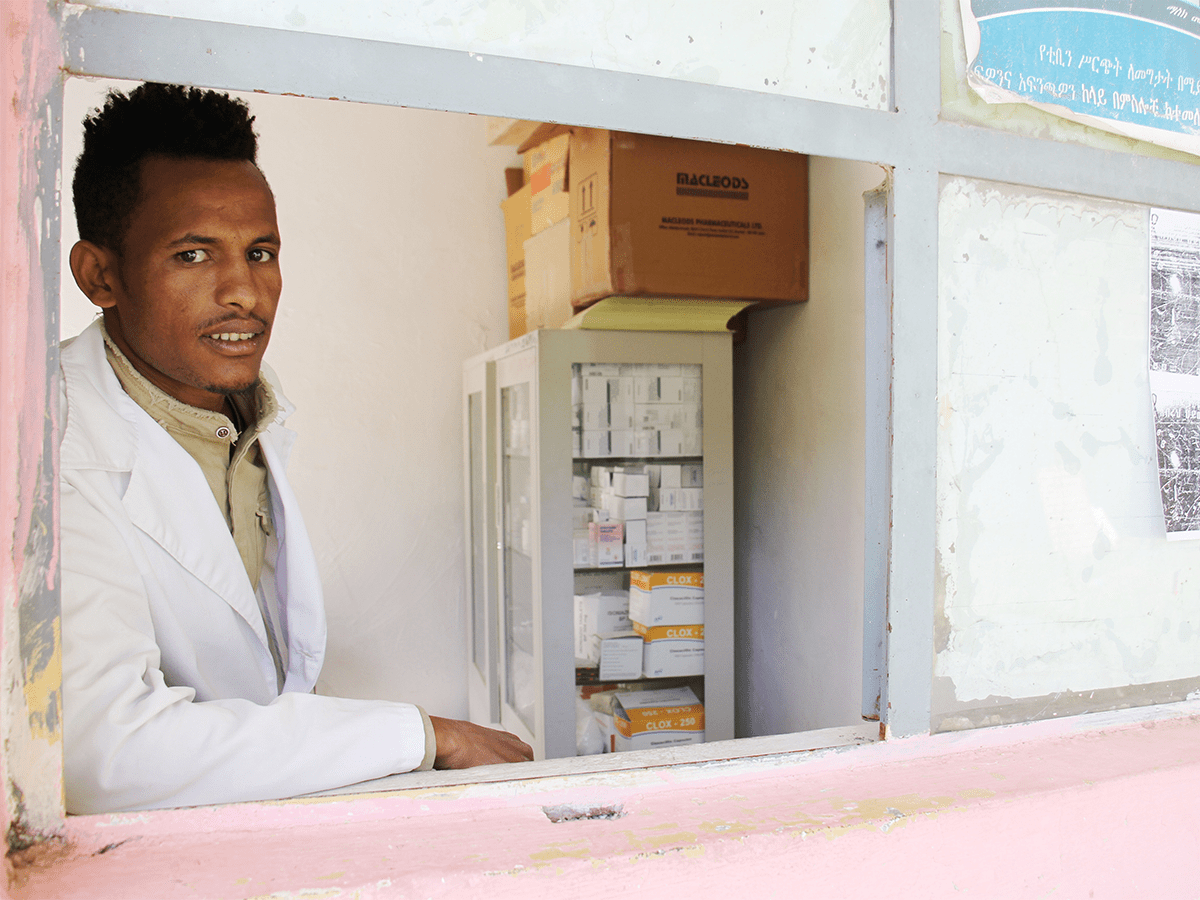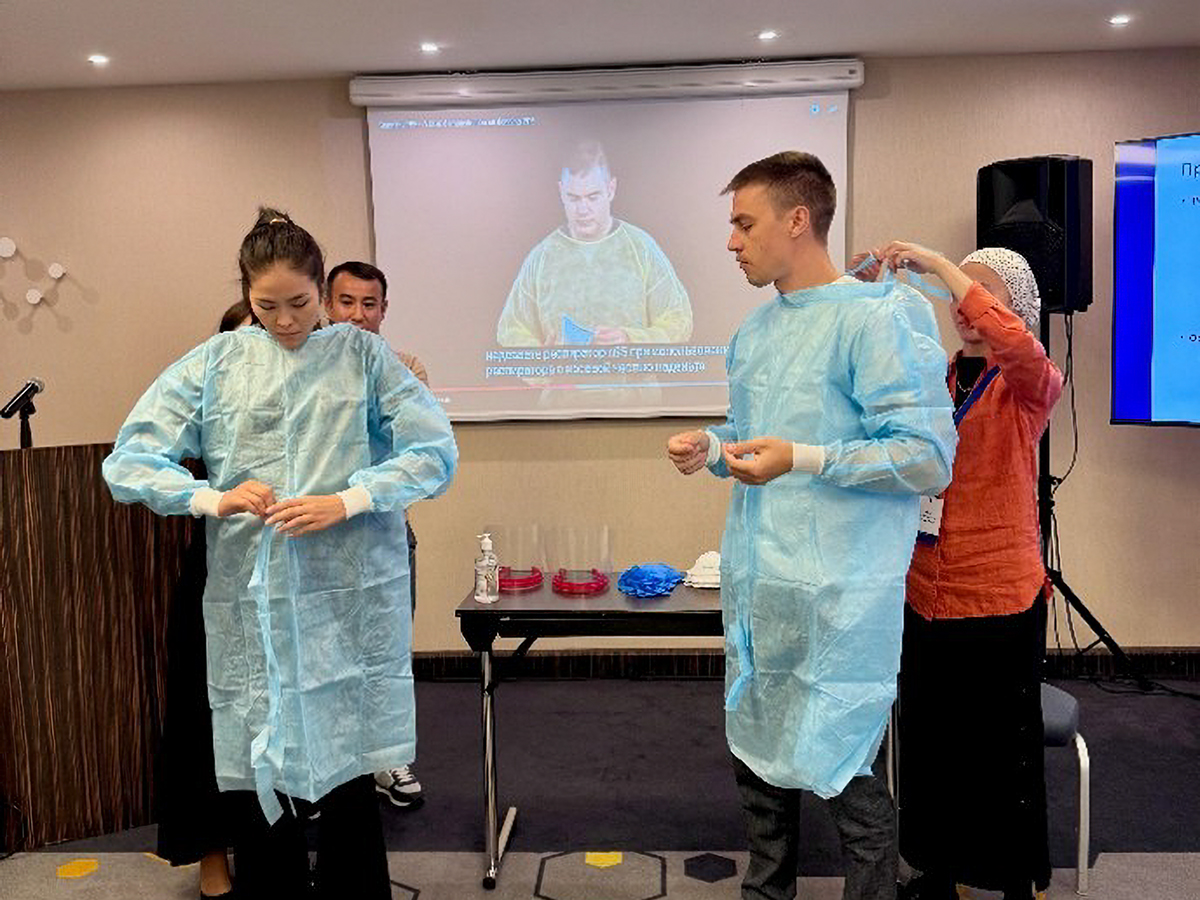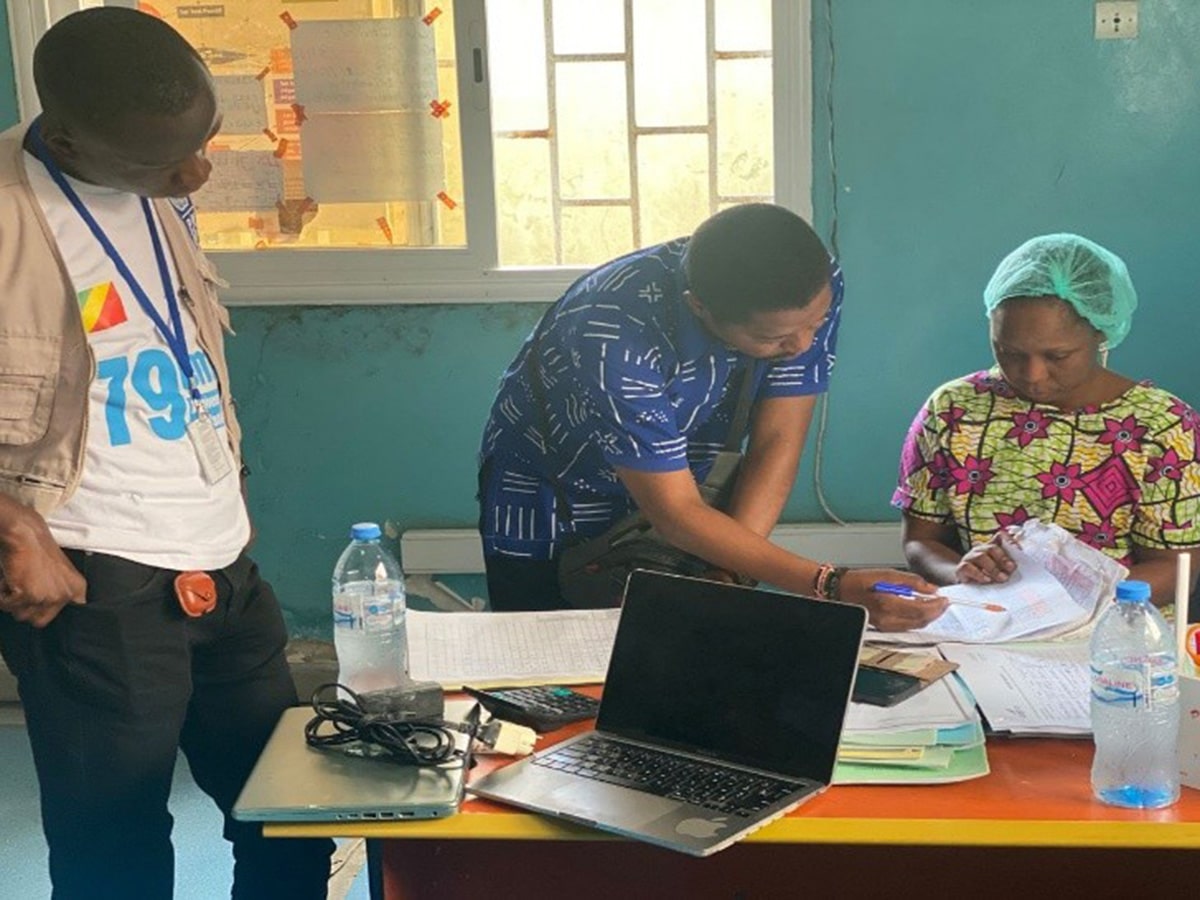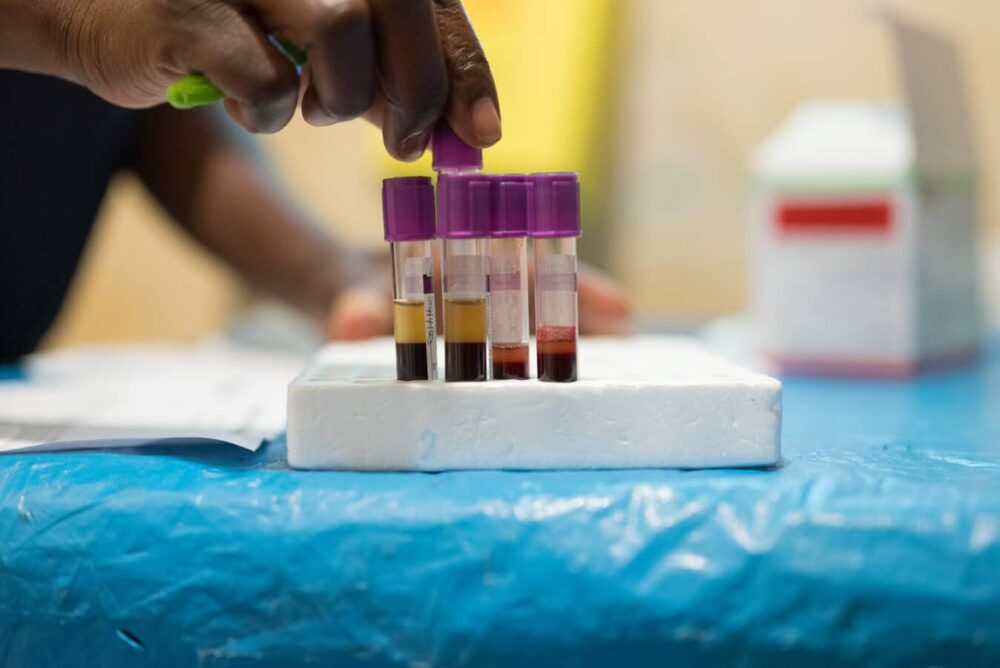Before multi-month scripting (MMS) became a norm at the Dessie Referal hospital, Aderaw Wegene, a construction worker, would spend money, time, and resources going back and forth between his field placements and the hospital to get his monthly ART refills. “I was considered as lost-to-follow-up two times by the hospital,” said Wegene.
Now, after being enrolled in the appointment spacing multi-month scripting (ASM/MMS) hospital program for 18 months, Wegene only needs to go to the hospital twice a year for a refill. “It doesn’t affect my job and my life,” he said.
This is the purpose of the ASM/MMS model. With support from the U.S. President’s Emergency Plan for AIDS Relief (PEPFAR) through the Centers for Disease Control and Prevention (CDC), ICAP has been supporting the Ethiopia Ministry of Health (MOH), and Regional Health Bureaus (RHBs) to implement multi-month ART scripting throughout the country since February 2017.
“The model is now shaping HIV care and treatment by fulfilling the needs of stable HIV clients and reducing the high burden on the health care system,” says Tamrat Assefa, director of regional program support and capacity building at ICAP in Ethiopia.
The model, which was piloted in six health facilities in Ethiopia, gives stable patients the option of shifting from quarterly to bi-yearly ART refill appointments.
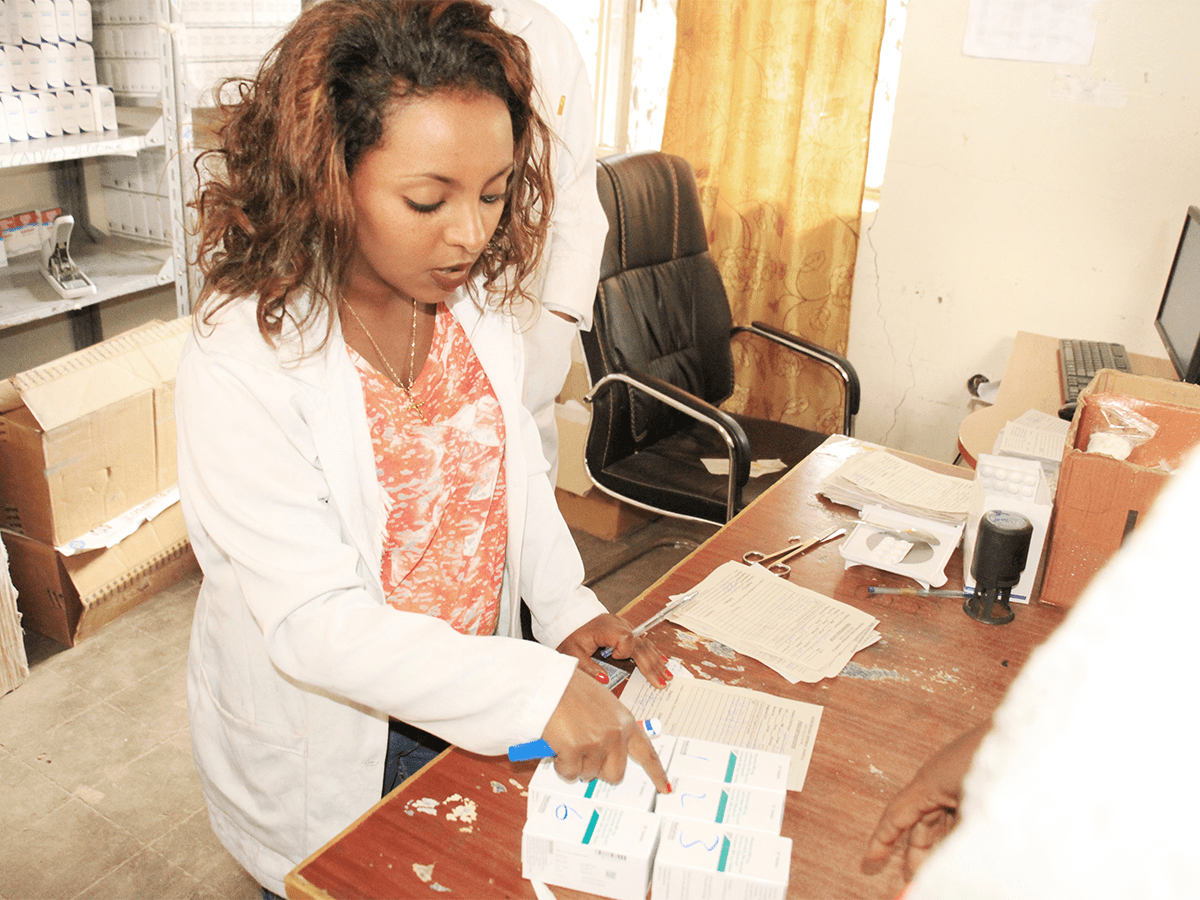
At the Zewditu Memorial Hospital, Dr. Aster Shewaamare, a senior medical doctor, is satisfied with the results of the ASM/MMS model. Out of the 7,514 clients on ART in the hospital, 3,400 patients are on twice-yearly appointments.
According to Dr. Aster, hospital staff initially provide new eligible clients with ART drugs for two weeks. If the patient has no side effects to the drugs within that period and CD4 count is stable, they are then put on two-month appointments. After a year of treatment, if the two-month appointments work well, the patient will be offered the option to shift to twice-yearly appointments.
Emebet Tariku, a mother of two, was one of the first clients initiated onto MMS at Zewditu Memorial Hospital. She says she owes the quality of her life to the ASM/MMS model. “It has enabled me to run a simple and hassle-free life.”
“The new treatment model has saved me up to two hours per visit,” said Sahlu Ayele, another patient who runs a business for a living. “As a result, I can invest more time in my business, which has made a significant impact on my livelihood,” Ayele added.
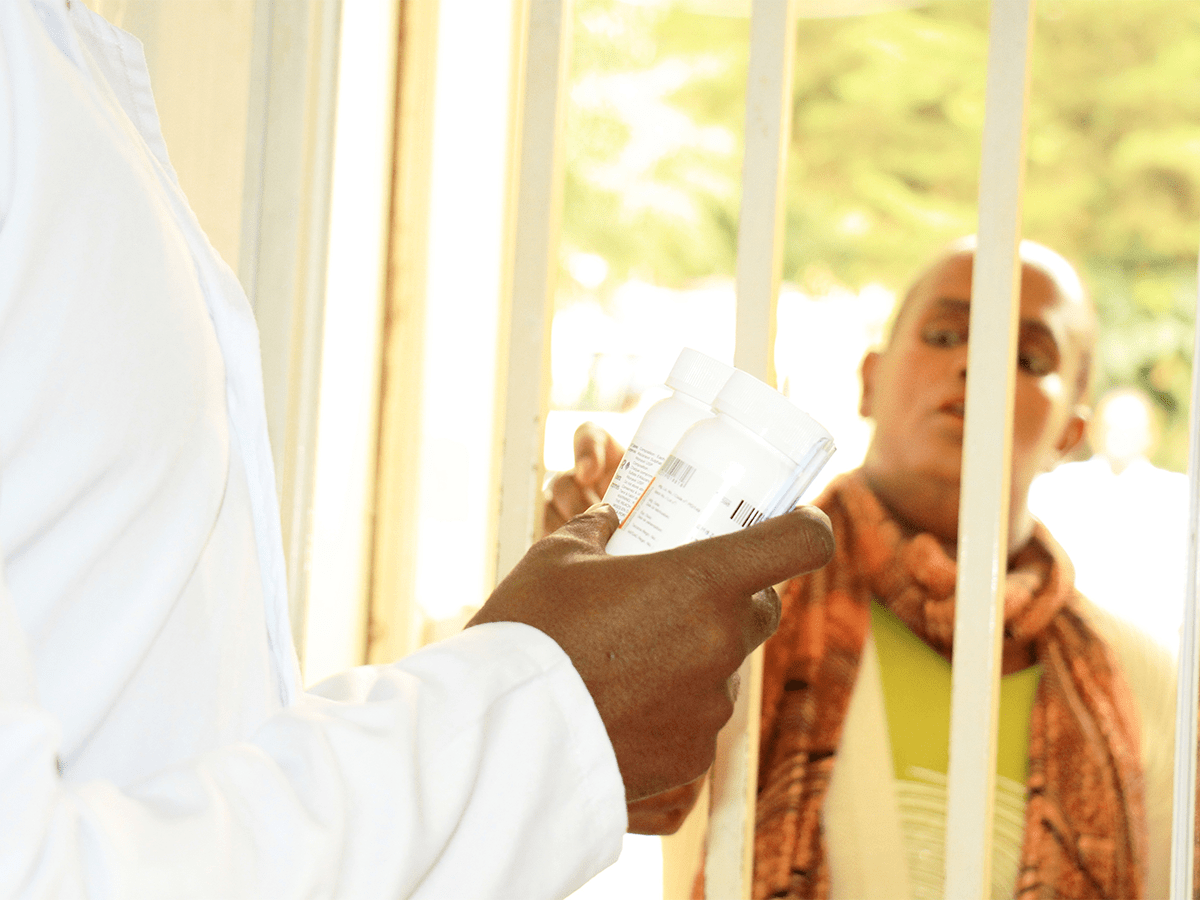
Having learned from the success achieved in the six pilot facilities, ICAP, in partnership with the MOH, has scaled up the ASM/MMS initiative throughout Ethiopia. Currently, 162,158 clients have been enrolled on twice-yearly MMS in 1,051 sites throughout the country.
“We track and remind clients enrolled in MMS when the date to take their refill is approaching via telephone, and assess clients’ adherence to treatment,” said Elias Demissie, a health care worker at Dessie Referral Hospital’s ART center.
This means for many patients like Wegene, Tariko, and Ayele, life on ART is much more convenient than it used to be.
“My quality of life has been much improved after I was enrolled in MMS,” said Wegene.
“The implementation of multi-month ART scripting in Ethiopia has been a remarkable success. Eswatini, Mozambique, Liberia, and Uganda are working to adopt this differentiated service delivery model by using lessons learned from Ethiopia’s experience,” said Zenebe Melaku, MD, ICAP’s country director in Ethiopia.
“We are honored to have worked in partnership with Ethiopia’s ministry of health in introducing and expanding MMS on a national scale to ensure the delivery of high-quality HIV services and improve the quality of lives of recipients of HIV care,” said Melaku.
A global health leader since 2003, ICAP was founded at Columbia University with one overarching goal: to improve the health of families and communities. Together with its partners—ministries of health, large multilaterals, health care providers, and patients—ICAP strives for a world where health is available to all. To date, ICAP has addressed major public health challenges and the needs of local health systems through 6,000 sites across more than 30 countries.


